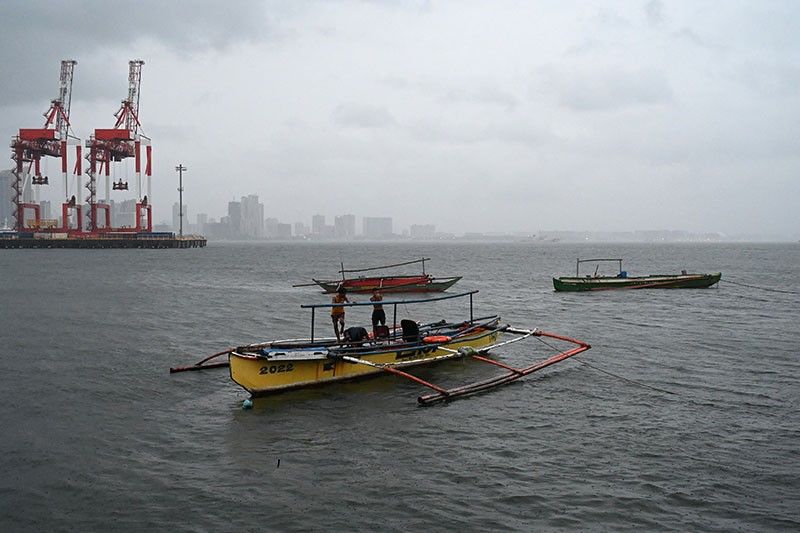Marcos urged: No need to amend fisheries code, focus on better implementation instead

MANILA, Philippines — The 25-year-old Fisheries Code must be comprehensively implemented—not amended—to address the issues affecting fisherfolk and the country’s aquatic resources, groups said Wednesday.
In his second State of the Nation Address, President Ferdinand “Bongbong” Marcos Jr. called on Congress to amend the Fisheries Code to incorporate and strengthen science-based analysis and determination of fishing areas.
Marcos, who is also the agriculture secretary, added that amending the law will “guarantee sustainable development of our fisheries sector in harmony with environmental balance.”
But conservation group Oceana stressed that the 1998 Fisheries Code—as amended by Republic Act 10654 in 2015—does not need to be reviewed because it already provides a science-based, participatory, and transparent mechanism to sustainably manage fisheries.
“We must first comprehensively and fully implement key reforms that were introduced by the Fisheries Code. On top of this list is the science-based, ecosystem approach to managing our depleting fishing grounds through Fisheries Management Areas where management efforts are just starting,” said Rosa Liza Eisma-Osorio, acting vice president of Oceana Philippines.
She also urged the government to prioritize the implementation of transparency measures that are critical in combating illegal, unreported and unregulated fishing, specifically the installation of vessel monitoring measures on commercial fishing vessels.
Municipal vs commercial
Fishers stressed that amending the code will definitely benefit big-fishing firms.
The Bureau of Fisheries and Aquatic Resources earlier proposed a compromise on Section 16 of RA 10654 which defines the jurisdiction of local government units, and Section 18 which effectively opens the use of municipal waters—areas covered within 15 kilometers from the coastline—to commercial fishing activities.
Eisma-Osorio said the proposed amendment is “short of the foresight needed to stop the further depletion of major fishing grounds inside municipal waters” and can affect all fishing sectors.
Ruperto Aleroza, chair of the Artisanal Fisherfolk Council, said these proposals did not undergo the required consultation with small-scale fishers and local governments.
“We’ve already heard from commercial fishers that they want to enter municipal waters that are primarily reserved for municipal and artisanal fishermen. We will not allow them,” said Ruperto Aleroza, chair of the Artisanal Fisherfolk Sectoral Council.
Fisherfolk group Pamalakaya called on Marcos to hold a dialogue with small-scale fishers to understand their reasons for objecting to the proposed Fisheries Code amendments.
- Latest
- Trending
































